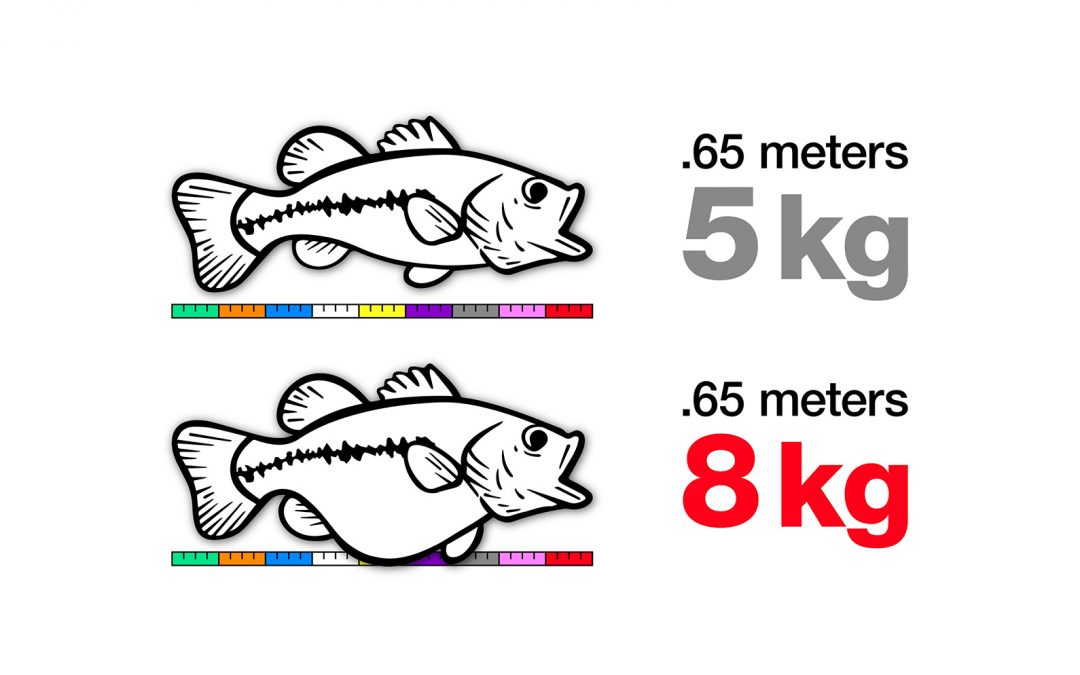In prehospital EMS procedures, accurate patient weight is crucial for ensuring proper treatment. Traditional methods like visual estimation, patient self-reporting, and Broselow Tape measurement often yield inaccurate results. According to a study by Sheila Sotherlund1, EMS providers’ weight estimates were incorrect 43% of the time, potentially leading to improper medication dosages.
Hinckley Medical’s first-of-its-kind OneWeight scale provides a solution by delivering precise weight measurements directly from ambulance gurneys. This innovation improves accurate dosing of medications, such as ketamine, where even minor miscalculations can result in significant adverse effects or ineffective treatment.
Accurate weight measurements impact numerous aspects of prehospital care, including medication administration, fluid resuscitation, and defibrillation. Incorrect dosages can lead to a range of complications, from underdosing, which may render treatment ineffective, to overdosing, which can cause harmful side effects or toxicity. For instance, weight-based dosing is critical in pediatric patients, as their physiological responses to medications can differ significantly from adults.
In addition to OneWeight, Hinckley Medical’s clinical protocol-workflow app, OneDose, helps to reduce provider stress, increase on-scene efficiency, and minimize prehospital medical errors. Designed for seamless integration or standalone use, both products enhance patient care by ensuring accurate weight-based dosing and streamlined protocol adherence.
Source:
1Sotherlund, Sheila, et al. “A Study of Weight Approximation by Practicing EMS Providers.” Journal of Emergency Medical Services (JEMS), Irving (TX) Fire Department, 6 May 2022, www.jems.com/patient-care/a-study-of-weight-approximation-by-practicing-ems-providers.

